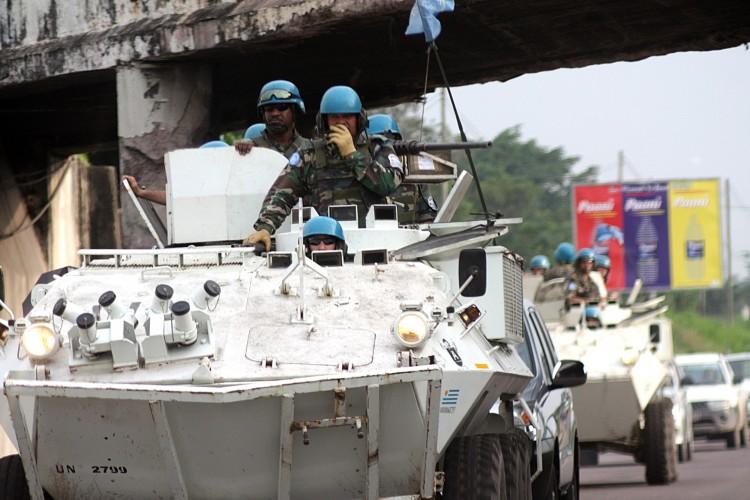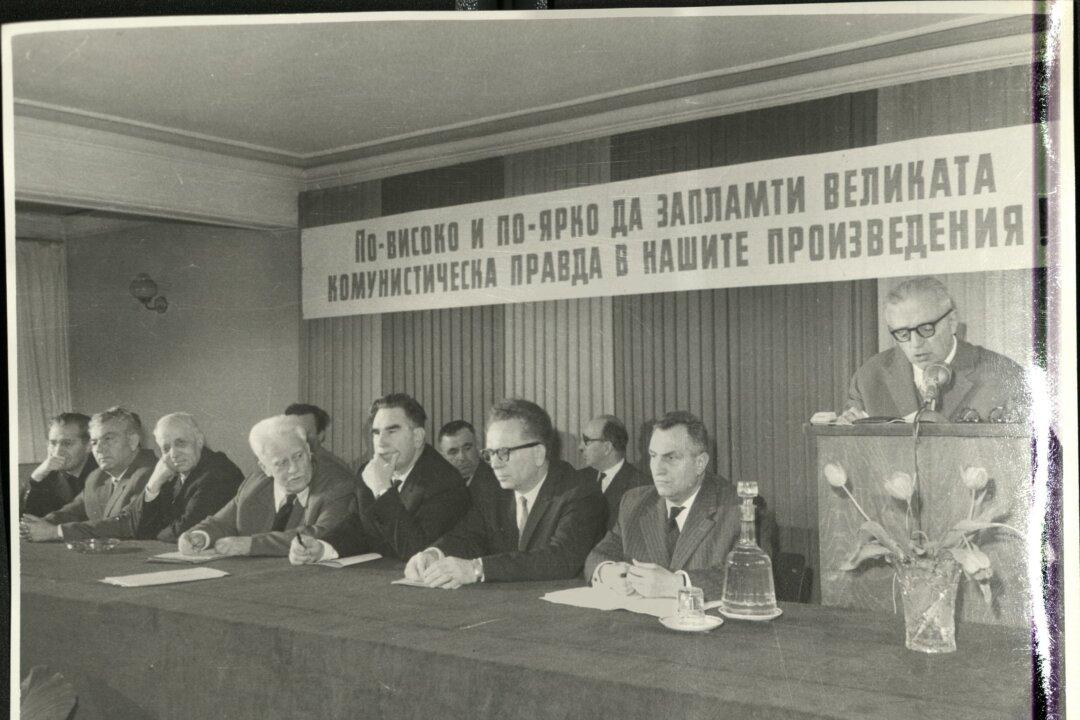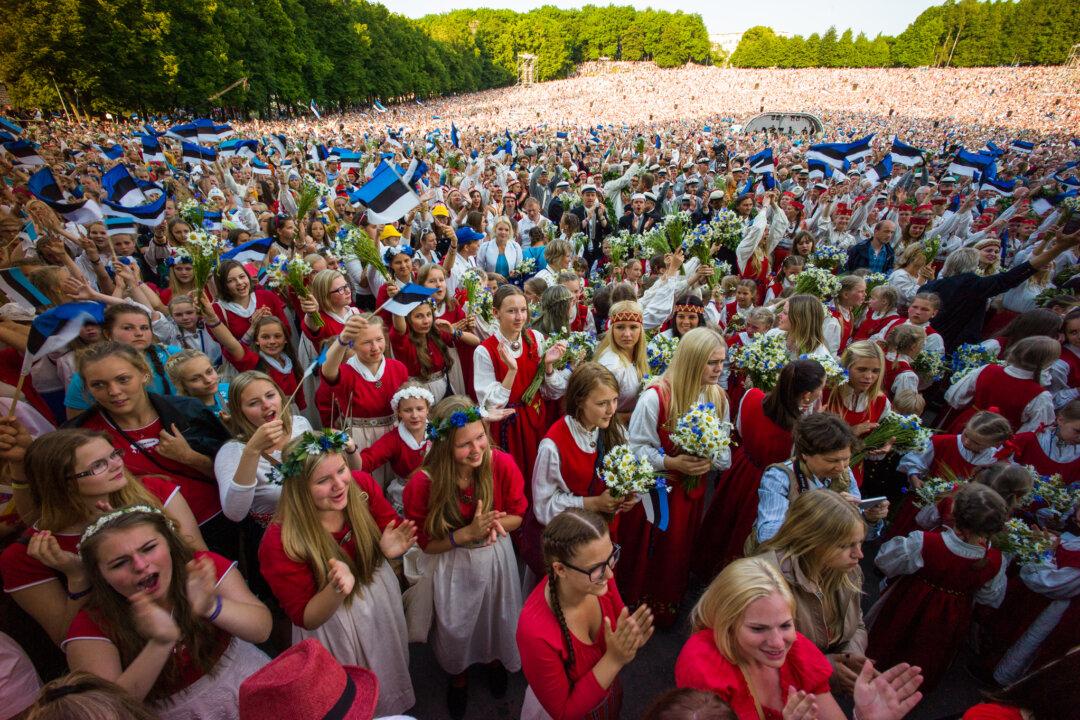Suspense was high in the Democratic Republic of the Congo (DRC) on Tuesday after the electoral commission at first delayed releasing election results for several hours, and then announced they wouldn’t be ready for another 48 hours.
The delay, communicated by the Independent National Electoral Commission (CENI) via a TV appearance, was attributed to logistical and technical difficulties in gathering ballots from 63,865 polling stations across the 906,000-square-mile territory.
CENI spokesman, Matthieu Mpita, said that helicopters had been sent to the remote corners of the country to pick up ballot boxes, AFP reported.
Earlier in the day, CENI announced preliminary results from the Nov. 28 poll, which showed incumbent President Joseph Kabila leading with 46 percent compared to 36 percent for his historic opponent Etienne Tshisekedi.
But according to Mariya Nedelcheva, member of the European Parliament and chief of the EU Election Observation Mission in the DRC, it is impossible to say if Kabila has won at this stage because nobody is clear what the preliminary figures are based on or how many polling station they may represent.
“As long as there are no officially announced counts from each and every polling station, there is no way for anyone to tell who the winner is,” said the MEP.
She called spreading this type of “misinformation” as dangerous because it served to provoke and mobilize the opponent camps.
Indeed, sources inside the country describe the mood in the capital Kinshasa as the “calm before the storm” and being in a “near war” state.
Many fear that with the announcement of the results, the country might plunge into a new bout of violence.
Congo-based Radio Okapi reported that police and army units have been deployed in major cities.
“[F]ormal and precise instructions were given to [security forces] to ensure [they are] professional, and consistent with international standards, protection of persons, and property,” Deputy Prime Minister responsible for Interior and Security Adolphe Lumanu stated after a security meeting in Kinshasa.
Nedelcheva says it is of the utmost importance that even if the polls are contested, the army and police should not intervene, and any conflict should resolved peacefully.
So far, at least 18 people have been killed in election-related violence, according to New York-based Human Rights Watch. A recent report of the United Nations established that nearly 200 cases of violence occurred in a one-year period, all related to the electoral process.







